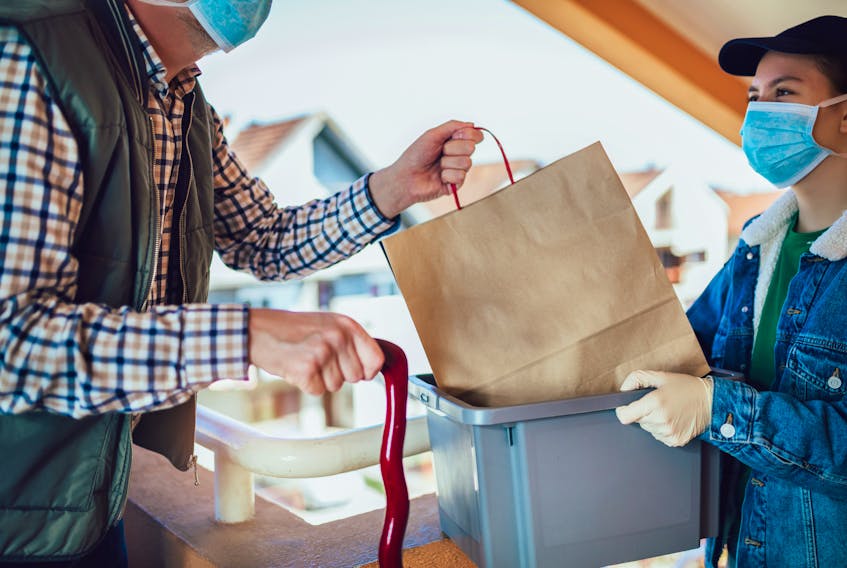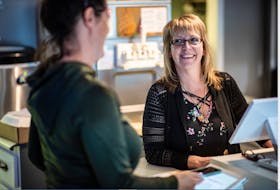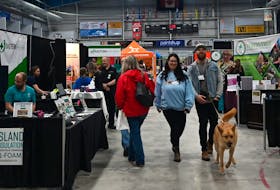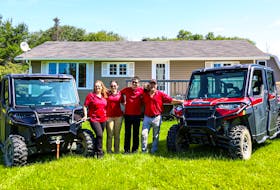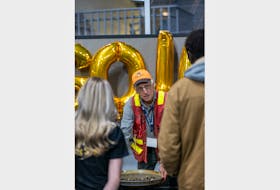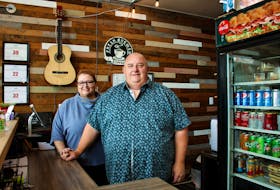Since it launched in October 2020, approximately 1,000 people have called Newfoundland and Labrador’s 211 information referral service. It’s a number that shows how much need exists for the service in the province.
Katie Greene, the executive director of United Way of Newfoundland and Labrador, says seniors in particular can benefit from 211, as they often need help to identify services available for them.
Greene says that even if people can identify existing services, they likely don’t know where to turn to find the help they need. She says this is where the 211 information and referral service and its navigators come into play, as they speak with callers and find the resources they need.
“811 is your connection to health services, 311 for the city and 211 to social services in your area. It’s a great resource for people, including seniors, as our navigators will put them in touch with the best resource services to help them,” says Greene.
HOW IT HELPS
The free and confidential service launched in Newfoundland and Labrador in late October 2020, after the federal government identified a need for 211 and provided funding for its deployment across Canada.
Now, when someone dials 211 from anywhere in Newfoundland and Labrador, they are connected with a navigator who determines what issues exist, any and all services that may help and then refers the caller to their corresponding services.
“Callers know why they are calling, but they often don’t know what help they are looking for. This is where our navigators come in, as they work with and navigate callers to the correct resources,” says Greene.
While a need for the service exists within all age groups, Greene says the United Way and 211 are finding that Newfoundland and Labrador seniors are facing issues like isolation, a long-standing matter that she says has worsened due to the COVID-19 pandemic.
Greene says the United Way and 211 have also identified mental health as an area of need for seniors and one where the referral service can help.
“Seniors grew up in a time when mental health was not discussed, so they perhaps don’t realize the impact isolation can have on their mental health. In these cases, our navigators might point them to 50+ clubs in their area, mental health services or recreation groups,” says Greene.
Greene says the pandemic has also revealed housing and food security as other areas of need, with people who had previously stayed with friends or relied on family meals finding they are no longer able to do so.
“There is a lot of intangible food insecurity in Newfoundland culture. Your neighbour bakes you bread or your daughter brings a meal. When COVID-19 hit, this stopped,” says Greene. “For those in need of help in this or other areas, 211 can find resources to help.”
THE NEED THAT EXISTS
The 211 service has continued receiving dozens of daily calls from people across the province. Greene says this trend shows no signs of slowing down. With a population of around half a million, she says 500 monthly calls shows just how big the need is for the service.
“There are calls coming from every region. The bulk are from St. John’s and surrounding areas, as the bulk of our population resides there, but navigators have also had calls from the west coast, south shore and northern Labrador,” says Greene.
The service is one that also suits outport towns well, where Greene says connection can be spotty, as 211 can be reached by phone, text, email, messaging and is accessible 24-7.
Greene and the United Way now advocate and spread awareness for 211, which operates independently from the organization. Greene expects that as awareness increases, so too will calls, as more people become aware this can help them.
“There is no need too great or too small to call about. Even if you’re looking for help in finding the number of your local food bank, 211 can help you with that,” says Greene, who always encourages people to call, even if they’re in doubt of how the service may help.
“Call 211 and chat with our navigators. Let them ask you questions and let them show how the service can help you,” she says.
For more information on how the 211 information referral service works, dial 211 or visit 211.ca.

